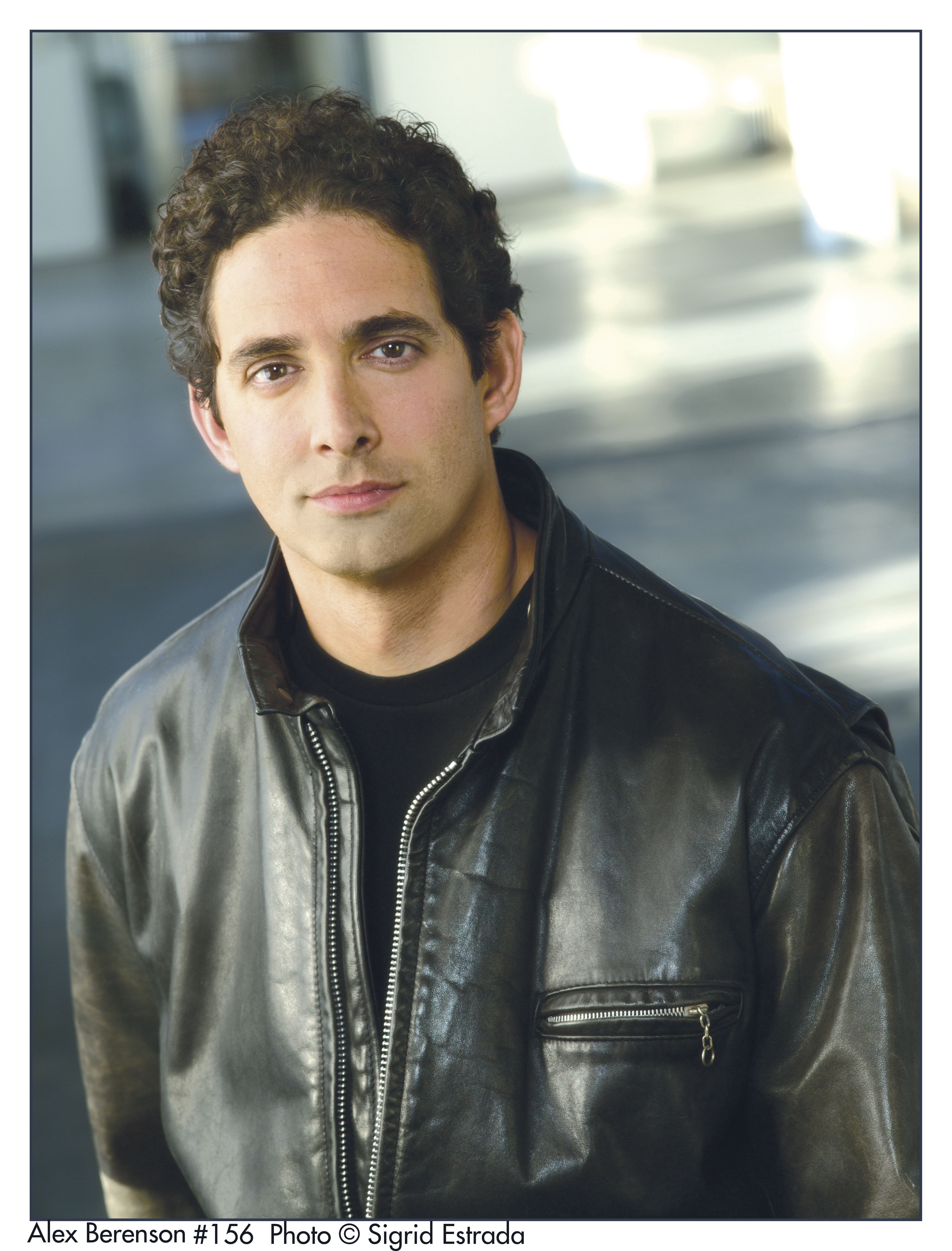 Matthew Palmer is a 24-year veteran of the U.S. Foreign Service. Having been at ground zero for many pressing global issues from Kosovo to Africa, he has extensive knowledge of international crises. His debut thriller, The American Mission, has been compared to John LeCarre’s The Constant Gardner. As a son of the late Michael Palmer, Matthew’s writing pedigree is clear.
Matthew Palmer is a 24-year veteran of the U.S. Foreign Service. Having been at ground zero for many pressing global issues from Kosovo to Africa, he has extensive knowledge of international crises. His debut thriller, The American Mission, has been compared to John LeCarre’s The Constant Gardner. As a son of the late Michael Palmer, Matthew’s writing pedigree is clear.
Matthew’s new novel, Secrets of State, is a gripping thriller focusing on the world’s most dangerous nuclear threat—war between India and Pakistan. After leaving government service, the novel’s protagonist, Sam Trainor, is working for Argus Security, a private consulting company. He stumbles across a startling bit of intelligence: a telephone transcript implying the delicate balance between India and Pakistan could be deliberately upset, and it becomes clear something catastrophic could be looming: nuclear war between these South Asian giants. The clock is ticking as Sam Trainor must do what he can to prevent a world-changing disaster from occurring.
Read more on the Huffington Post >>





 Alex Berenson, a former New York Times reporter, covered topics ranging from the occupation of Iraq; the flooding of New Orleans; to the financial crimes of Bernard Madoff. He’s written eight previous John Wells novels, all geopolitical thrillers, with his first, The Faithful Spy, having won the 2007 Edgar Award for Best First Novel.
Alex Berenson, a former New York Times reporter, covered topics ranging from the occupation of Iraq; the flooding of New Orleans; to the financial crimes of Bernard Madoff. He’s written eight previous John Wells novels, all geopolitical thrillers, with his first, The Faithful Spy, having won the 2007 Edgar Award for Best First Novel. I’m occasionally asked why I write crime-thriller novels.
I’m occasionally asked why I write crime-thriller novels. Kelley Armstrong has published twenty-one fantasy novels, thirteen of which have been part of her Women of the Otherworld series. Her novels blend suspense and the supernatural. Last year, she began The Cainsville series with its first novel, Omens. The second in this series is Visions,featuring Olivia Taylor-Jones, the daughter of alleged notorious serial killers.
Kelley Armstrong has published twenty-one fantasy novels, thirteen of which have been part of her Women of the Otherworld series. Her novels blend suspense and the supernatural. Last year, she began The Cainsville series with its first novel, Omens. The second in this series is Visions,featuring Olivia Taylor-Jones, the daughter of alleged notorious serial killers. We know him as John Sandford, but that’s his nom de plume. As journalist John Camp, he won the 1986 Pulitzer Prize for his five-part series about an American farm family faced with an agricultural crisis. He eventually turned to writing thriller novels, and his twenty-fourth Prey novel, Field of Prey, featuring Lucas Davenport, will be available everywhere on May 5th, 2014. Lucas and his team must use all possible resources to try capturing an elusive killer or killers who claim at least twenty victims over a course of years.
We know him as John Sandford, but that’s his nom de plume. As journalist John Camp, he won the 1986 Pulitzer Prize for his five-part series about an American farm family faced with an agricultural crisis. He eventually turned to writing thriller novels, and his twenty-fourth Prey novel, Field of Prey, featuring Lucas Davenport, will be available everywhere on May 5th, 2014. Lucas and his team must use all possible resources to try capturing an elusive killer or killers who claim at least twenty victims over a course of years. I recently read
I recently read 
